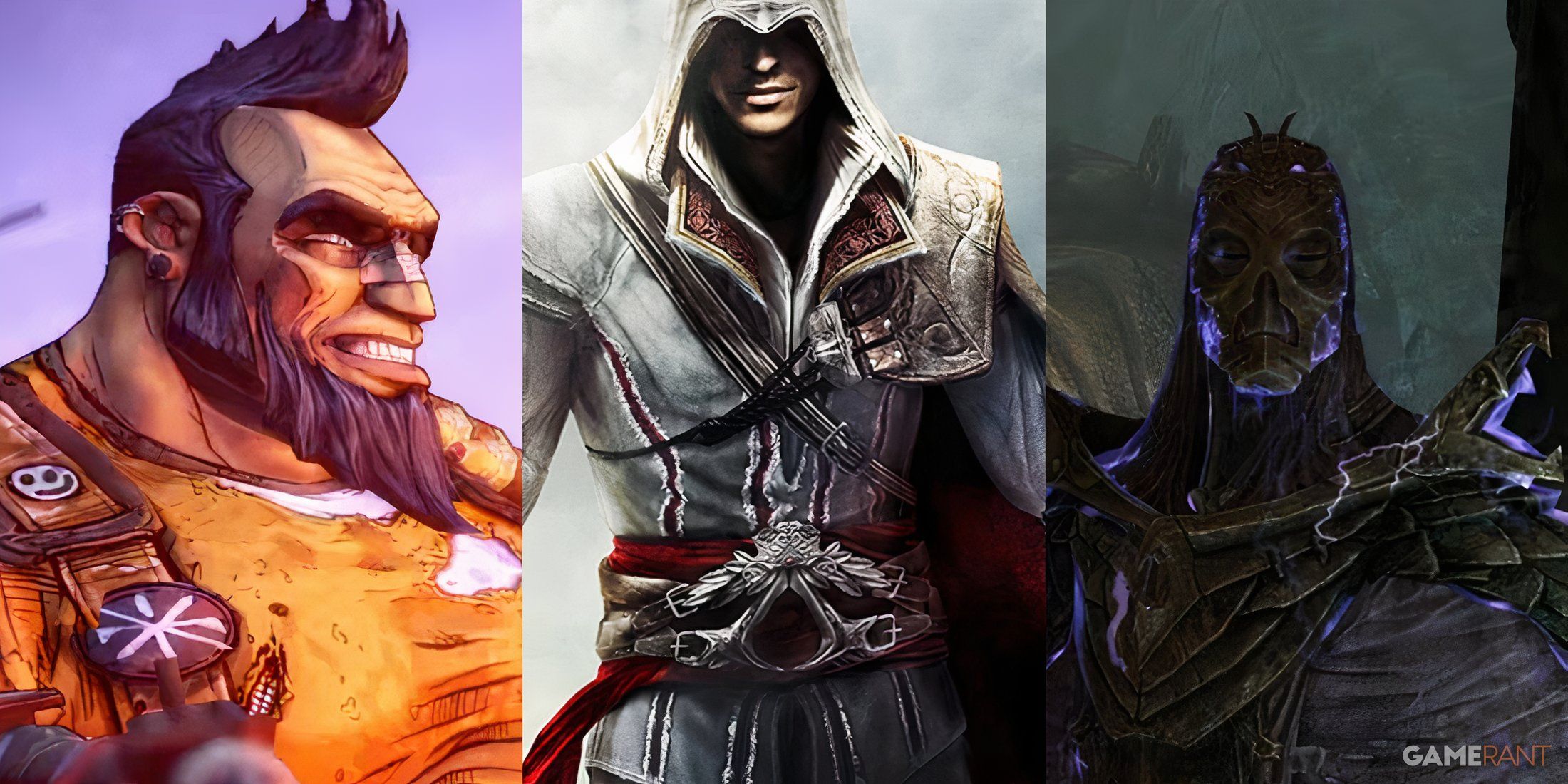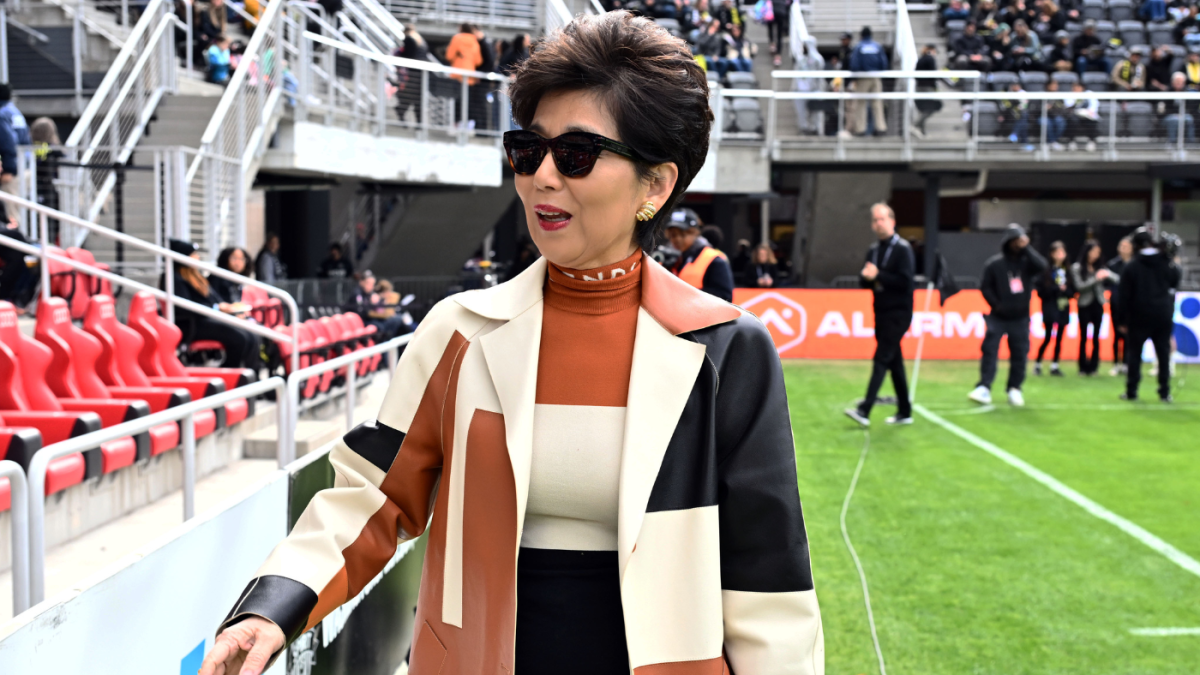Bussiness
The struggle of being a workplace ‘zillennial,’ not knowing where you fit in
- Zillennials can struggle with identity, caught between millennial and Gen Z work values.
- Millennials often hustled, while Gen Zers prioritize boundaries and mental health.
- Zillennials can bridge generational gaps, offering unique perspectives in leadership roles.
There’s been plenty of discussion of how millennials and Gen Zers cope in the professional world.
But zillennials, the group on the cusp of these two generations, have a uniquely tough time working out where they fit in.
Samantha Hart, a content creator who makes videos about her life and career, recently told her followers that while the work ethic of millennials and Gen Zers is always debated, “nobody talks about how hard it is to be a cusper.”
It hit a nerve, amassing over 800,000 views and thousands of comments from fellow zillennials, a loose grouping covering those born in the nineties.
One described being in this age group as “perfectionism meets procrastination.”
“It’s hell,” they said. Another said: “I’m so tired.”
Hart said millennials came of age in the “Girlboss” era when working hard and being great at your job was the ultimate goal.
Many Gen Zers, in comparison, prioritize work-life balance and keeping a job being “just a job.”
They don’t necessarily have a poor work ethic, Hart said, “they just know that none of it really matters.”
The two attitudes don’t tend to live in harmony.
Hart, who is 28, told Business Insider she feels pulled in very different directions.
While all her work performance reviews in her day job as a communications manager are generally good, she constantly worries that she’s not doing enough.
“But then I’m thinking about how disillusioned I am at the same time,” she said.
Zillennials who spoke with BI shared a similar sentiment: They feel stuck between logging off at 5 p.m. and feeling like an underachiever or putting in extra hours they may resent.
A sandwich generation
There isn’t a set definition of “zillennial,” but the grouping covers those born between 1993 and 1998 (though some definitions stretch it from 1990 to 2000, or older Gen Zers and young millennials in general) and often comes with a bit of an identity crisis.
Lauren Farina, a licensed psychotherapist and the founding CEO of Invited Psychotherapy and Coaching, told BI that millennials are vulnerable to falling into a “high-performer archetype,” which seeks perfectionism and pleasing people but has the pitfalls of burnout and anxiety.
Farina said zillennials may feel guilt and shame at setting Gen Z-style boundaries that clash with their other values.
Lauren Schneider, the head of brand and communications at the work and lifestyle benefits platform Compt, said that being born in 1993 often leaves her “caught between two distinct work philosophies.”
“It’s an interesting time to be in this middle ground, often acting as a bridge between different generational perspectives,” Schneider said of watching the shifts in workplace culture. “It’s also wild out here.”
Jishnu Jayan Nair, 29, told BI it is “a bit tricky to find your place in the workplace” as a zillennial.
“I manage a small team of Gen Zs while reporting to a millennial manager,” he said of his role at a grocery store. “Balancing the different perspectives and expectations from both groups and bringing them onto the same page can be challenging at times.”
Millennials and Gen Zers struggle
Millennials came of age at a difficult time. Thanks to the Great Recession of 2008, they found a job market with stagnant wages and high unemployment and struggled to hit milestones like moving out and buying a house.
A Washington Post analysis of Bureau of Labor Statistics data found that Gen Zers may have it even worse, being disproportionately affected by a rising cost of living, high costs of homeownership, and credit-card debt.
For those in the middle, life has always seemed challenging.
Riannon Palmer, the founder of Lem-uhn, a PR and communications agency, told BI she often thinks about balancing her career and life outside work.
“You feel like you have to prove to yourself that you are working hard,” Palmer said. “It’s that constant balance between wanting to live up to your expectations but also wanting to have good mental health.”
A hidden superpower?
Ilana Zivkovich, the CEO and founder of the organizational consulting and coaching firm Werq, who specializes in management and leadership, told BI the challenges zillennials face may actually represent their strengths.
They naturally connect with older and younger colleagues, she said.
“In essence, they’re workplace ninjas who can bridge generational gaps that might otherwise create barriers,” she said.
“By identifying who these people are and encouraging them to fully express their perspective and beliefs, we can then form the most holistic, the most connected, and the most future-ready workforce.”
Kevin Shahnazari, the 26-year-old founder of the credit card recommendation platform FinlyWealth, told BI being a zillennial has worked in his favor.
“I can jump into rigorous work sprints and more relaxed periods where things need creative input,” he said.
Hart, the content creator, said that she wants to see being a zillennial as “kind of a superpower.”
“I think a lot of people are in this sort of push and pull of the zillennial — wanting to be their best, wanting to also slow down, wanting to embrace parts of both cultures,” she said. “It’s a superpower, and it’s a curse.”









